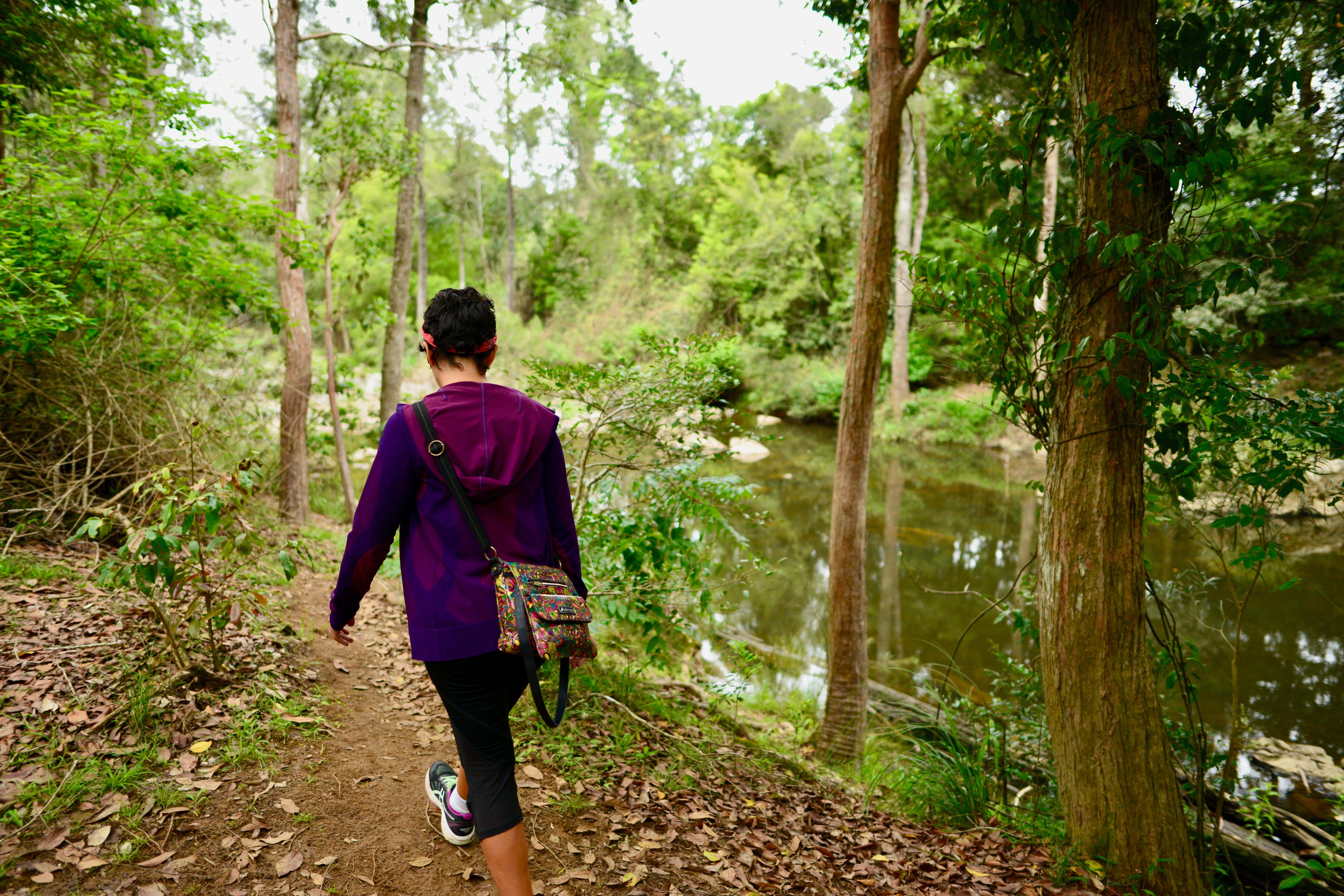Why it’s so good to do activities alone this summer
It’s worth a try – you never know what you may discover about yourself. By Yolanthe Fawehinmi.

Your support helps us to tell the story
From reproductive rights to climate change to Big Tech, The Independent is on the ground when the story is developing. Whether it's investigating the financials of Elon Musk's pro-Trump PAC or producing our latest documentary, 'The A Word', which shines a light on the American women fighting for reproductive rights, we know how important it is to parse out the facts from the messaging.
At such a critical moment in US history, we need reporters on the ground. Your donation allows us to keep sending journalists to speak to both sides of the story.
The Independent is trusted by Americans across the entire political spectrum. And unlike many other quality news outlets, we choose not to lock Americans out of our reporting and analysis with paywalls. We believe quality journalism should be available to everyone, paid for by those who can afford it.
Your support makes all the difference.I do a lot of activities alone. Not because I don’t have any friends or family who love me and share similar interests, but I’ve grown to enjoy my own company and stepping outside of my comfort zone.
The first time I took the plunge was when I went to the Apollo Theatre in Victoria, London, to watch the iconic Wicked The Musical alone for my 21st birthday. I hated it and silently cried throughout the interval, watching people converse with their loved ones.
But it taught me several lessons and I have since stopped thinking twice about going anywhere alone. Now, you’d happily find me at the cinema, gig, concert, restaurant, on a solo travel trip and yes, even the theatre, alone.
For those thinking about it, but still need convincing, here are some of the reasons why you should try doing activities alone this summer.
Increased independence and confidence
Apart from learning to appreciate the peace that comes from silence, you could also start learning a new skill or invest in a talent, such as playing an instrument or knitting.
“Trying out activities alone can boost your independence and confidence,” said Natalie Viglione, a life, business and spiritual coach who runs Team Gu and the Disrupt Now Program, which helps people and their businesses. “It’s an opportunity to rely on your own judgment and decision-making skills, which can make you feel empowered and more self-assured.”
You learn more about yourself
It may be easier to coast through life, but taking the time to be self-reflective to learn more about who you are – your likes, dislikes, values and how you are in uncomfortable situations – will provide you with great insight, direction and depth. You might discover new things and experience personal growth along the way too.
“The lessons are endless, because the opportunities are too,” said Radha Vyas, CEO and co-founder of group adventure travel company Flash Pack.
“Outside of the safety net of your friends and family, you are more open to meeting others, making new friends and creating new connections. The fear of loneliness dissipates almost immediately. Taking on new adventures and experiencing new things [like] solo travelling is life-affirming, and also brings with it a triumphant sense of achievement.”
Making new friends
Making new friends as an adult isn’t straightforward. But doing activities alone will provide you with countless opportunities to meet people who have similar interests as you.
Using solo travelling as an example, Vyas said: “People often feel nervous to travel alone for fear they will be lonely or feel isolated. I’ve travelled solo a lot and have met others at every stage of my journey.
“In fact, it’s often hard to have time alone. I think that’s the beauty of travelling solo – you are more open to meeting others and, as a result, wonderful and interesting new friendships form.”
Reduced stress and improved mental health
There’s a difference between doing activities alone and being lonely.
For Lowri-Dowthwaite Walsh, a senior lecturer in psychological interventions at University of Central Lancashire, some people may be more reluctant to spend time alone, because we are often told that we should be with other people.
“We are social creatures and tend to crave companionship. We are also aware of negative messages and stereotypes around solitude,” said Walsh. “Some people feel a sense of loneliness when they are alone and may not spend a great deal of time in their own company. Introverted individuals may be more used to being alone than extroverts.”
But Walsh goes on to explain that throughout the centuries many philosophers, artists, poets and spiritual leaders have advocated for solitude.
“Spending time alone enables you to get to know yourself better. Being alone with one’s thoughts and feelings deepens the relationship with oneself. It also allows for more spiritual and philosophical reflection. Being alone in nature has also been shown to improve wellbeing.”
Walsh recommends journaling as a good reflective activity that can be done alone with plenty of time and space. Going for a walk in nature, doing some crafting or painting are also valuable ways to spend time by yourself.